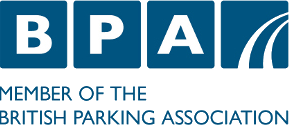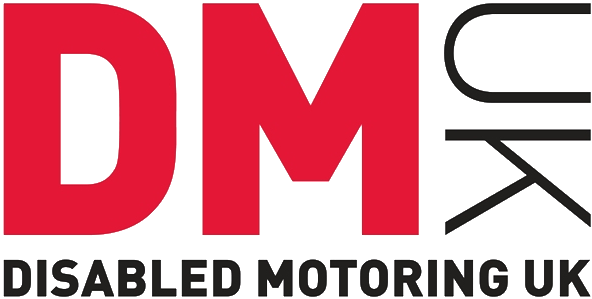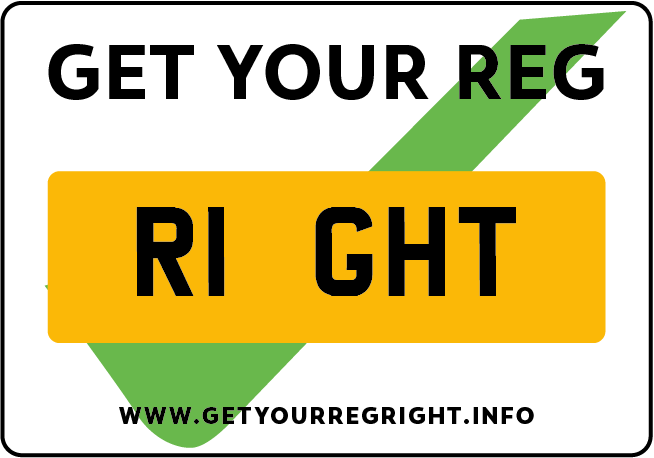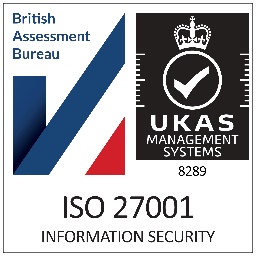
CPM helps owners and occupiers of private land to protect their property from unlawful parking. We protect landlords and tenants who have the right to reserve parking facilities for valid drivers such as residents, customers and staff and to deter other drivers by charging them a parking charge through enforcement.
Contract Law
If a driver parks on your land and you have displayed our warning signs correctly, the driver is entering into a contract with you. If they break your parking rules they are 'in breach of contract'.
Liability
It is important to remember a parking charge notice is issued to the driver of the vehicle. However in any case where the driver does not make payment liability will fall on the registered keeper of the vehicle under Schedule 4 of the Protection of Freedoms Act 2012.
Legal Precedents
When a driver parks at a car park that we manage, the driver enters into a contract with CPM. The required terms and conditions are clearly stated on all of our car park signage. This ensures the parking charges are enforceable in a civil court.
A key legal precedent for England and Wales was set in 1996, in the case of Arthur v Anker. The judge ruled that Mr Arthur parked in breach of the terms and conditions prominently displayed at the site. He was liable to pay the charges levied.
A more recent precedent was set in 2008, in the case of Combined Parking Solutions ("CPS") v Stephen James Thomas. Mr Thomas tried to deny he was the person responsible for parking his car without a permit in a church car park managed by CPS. However, the judge ruled that “on the balance of probabilities” the driver was Mr Thomas, and that he had therefore knowingly entered into a contract with CPS. He was held liable to pay CPS’s charges plus interest, court fees and expenses. The Protection of Freedoms Act 2012 means that it will no longer be necessary to prove who the driver was, because if the registered keeper fails to identify the driver the registered keeper becomes liable to pay the parking charge.
The Charges
All charges made by CPM are due to a breach of contract legally entered into by the driver of the vehicle.
Our signage clearly states that a person should NOT park their vehicle if they do not agree and understand the contractual charges as set out in the signs – A person cannot therefore claim the charge is unfair after they have agreed to pay the charge and by parking their vehicle they have accepted the charge.

Refusing to pay charge
If payment for the parking charge is not received the driver's details will be passed to a debt recovery agency. They may also become liable to additional costs as a result of this. If they still refuse to pay we will start court proceedings against them.
Court Orders
Often information found on internet forums posted by amateur lawyers advise people not to pay parking charges by claiming they are not enforceable by law. This is terrible advice as all Parking Companies regularly take drivers to court and in most cases the judge finds in the Parking Companies favour. This is dependent on: signage was clear and properly displayed, the parking charge was issued correctly and the charge made was fair.












